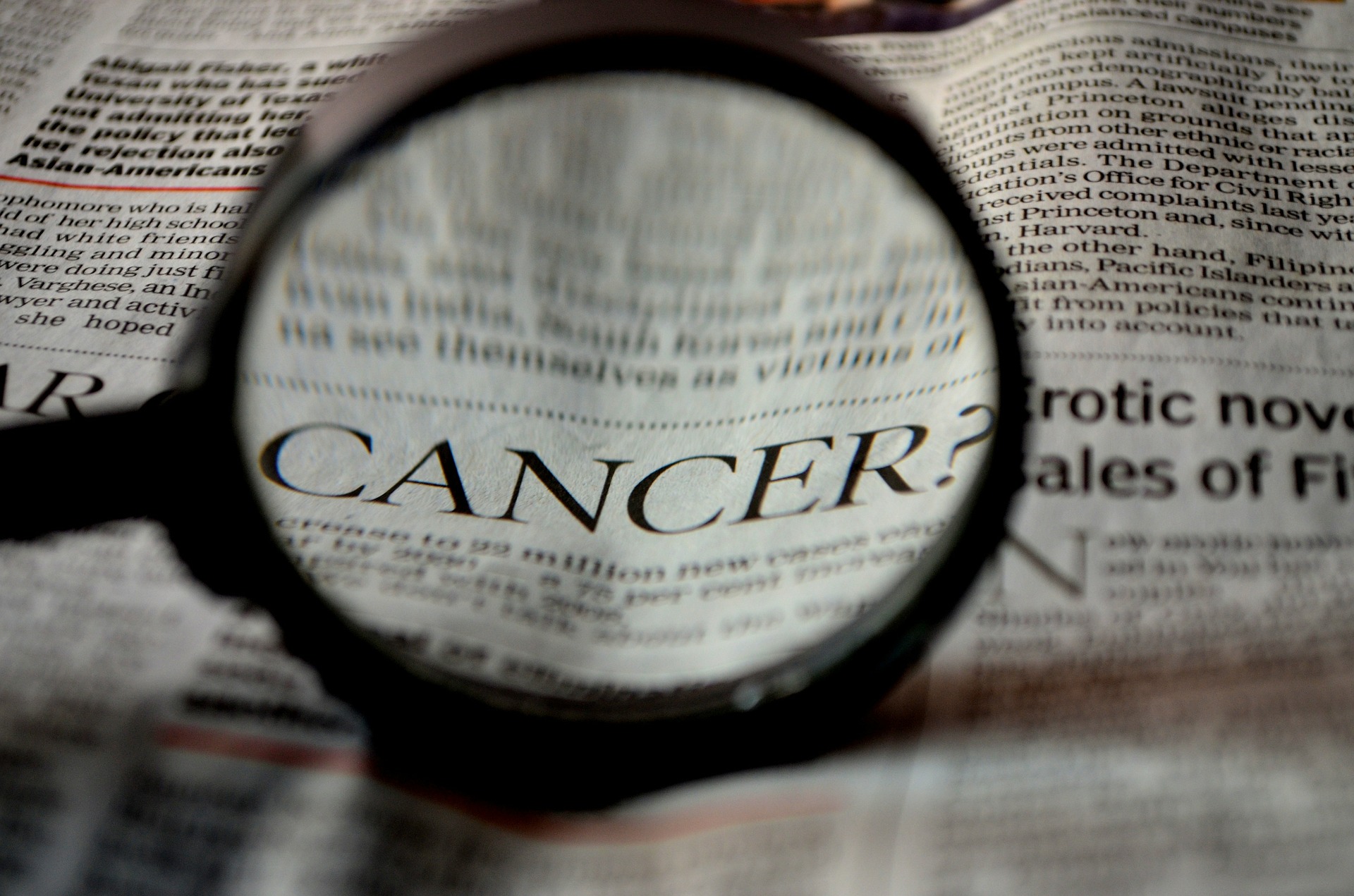As we have seen from previous editions of Forrest Rambles, anxiety can take many forms, from social anxiety to panic disorder, specific phobias, and obsessive compulsive disorder. Today we turn our attention to health anxiety, which is defined as an excessive fear of having or developing a serious illness.
You may have heard health anxiety being referred to as hypochondria, it was written about as far back as 1673 by the French playwright Moliere. It was also explored in the 1889 book Three Men in a Boat, which was made into a TV series in 2006. Both of these examples are comedies, but for the person experiencing health anxiety it is no laughing matter, but a serious, distressing, and debilitating condition.
It’s estimated that 1% to 3% of the population are living with health anxiety. Worries about our health can be triggered by physical symptoms, things we read online, programmes we watch on TV, stories we hear about other people, and the illnesses and deaths of loved ones.
It’s often thought that hypochondriacs’ symptoms are ‘all in the head’, but the physical symptoms are real – only you can tell people what you experience. The important thing is how we interpret these symptoms and people with health anxiety always jump to the worst case scenario. For example, someone may have a headache and think, ‘I’m dehydrated and need to drink more water’, whereas someone with health anxiety may have a headache and think, ‘I’ve got a brain tumour and I’m going to die’.
Our bodies are unpredictable things – often giving us signals which we don’t fully understand. What’s that mark on my arm? Why have I been to the toilet more often today? What does this discomfort in my throat mean? This uncertainty can give rise to the fight or flight response, which brings a whole host of other physical signals, such as a racing heart and shortness of breath, which only serve to make us more certain that we must be seriously ill.
People who worry about their health excessively tend to fall into one of two camps: avoiders or checkers/reassurance seekers.
If you are an ‘avoider’ then chances are you will try to distract yourself from your worries. You won’t watch TV programmes like ‘Embarrassing Bodies’, you won’t have seen your GP for a good while, and chances are you won’t have attended routine health checks like mammograms or smears. All of these things are just too stressful and best left alone – your head is well and truly ‘buried in the sand’.
On the other hand, you may be someone who likes to be ‘certain’, to seek out as much information as you can about your health and get professional opinions. You may spend a lot of time researching your symptoms online, keep a note of your symptoms, do self examinations, talk to others about things you’re worried about, and visit health professionals regularly. The problem is that we can never be 100% certain that we are healthy, as there is always a new symptom to worry about, or a doubt that creeps into our minds.
Neither avoiding or being an excessive checker is ideal: they both have their downsides. What we need is some kind of balance between the two. Through cognitive behavioural therapy (CBT), you can learn how to strike this balance and to have a better relationship with your health and your body. You can learn to step back from your worries and think differently about your physical symptoms. You can also learn to approach things you might have been avoiding and learn how to reduce anything you might be doing which is time consuming whilst still taking good care of your health.

